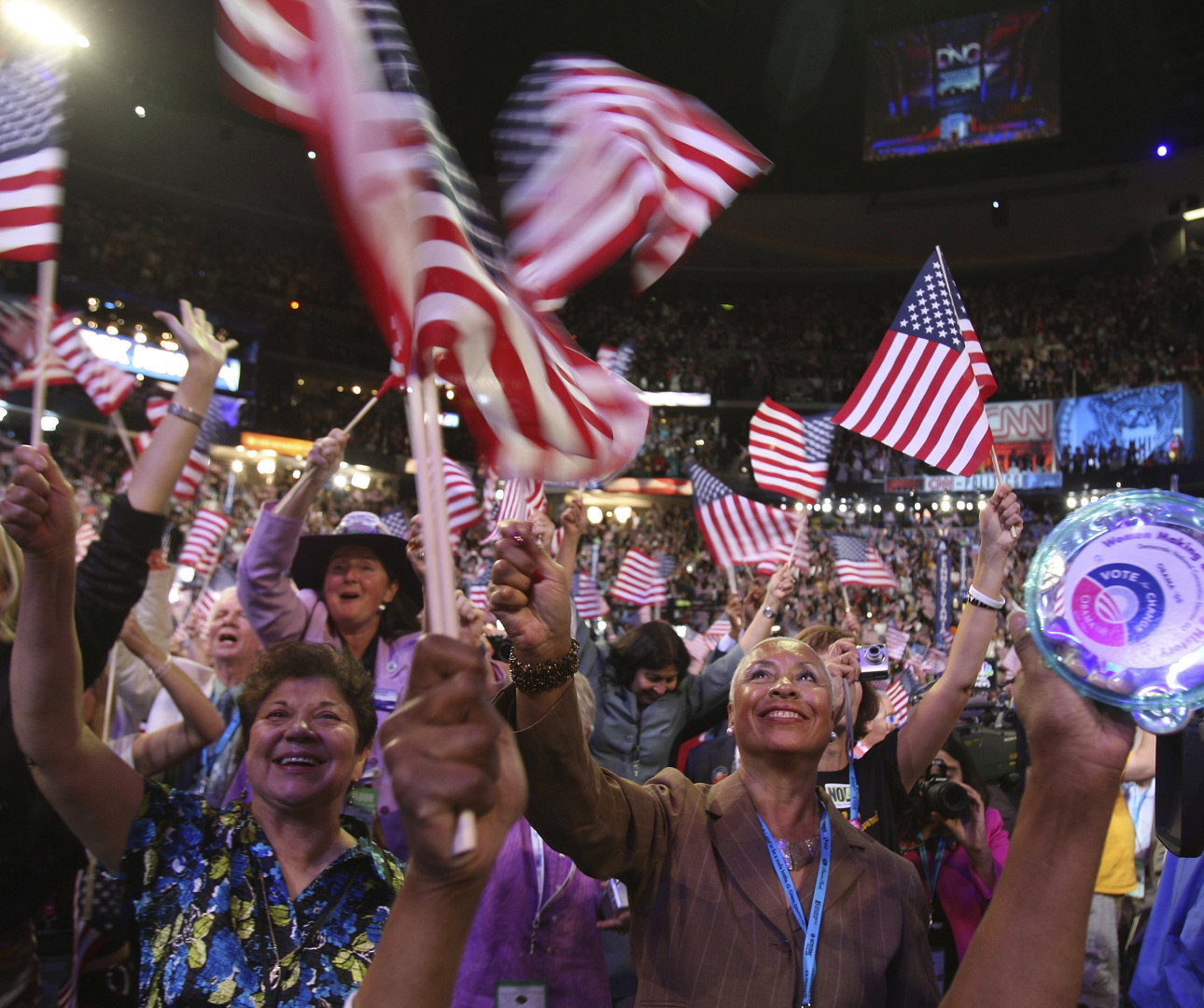If Donald Trump isn’t the Republican presidential nominee, despite earning more delegates than anyone else, he warns that there could be riots. Before Hillary Clinton built a nearly insurmountable pledged delegate lead, fans of Sen. Bernie Sanders (I-Vt.) criticized unelected Democratic super delegates for lining up behind the former secretary of State.
In both cases, Trump and Sanders complain that small-d democracy would not be served, either by a convention that didn’t elect Trump or a super delegate that did elect Clinton. But the Republican front-runner and the Democrat runner-up doth protest too much: Neither party’s presidential nominating contest is supposed to be democratic.
Primaries, after all, are a political party’s method of choosing their nominees. The parties have a right to determine the rules of those contests — how they are conducted, where and when they are held, and, most importantly, who gets to participate.
Parties use those rights to hold very different contests in different states: Iowa’s Republican and Democratic parties vote on presidential nominees in caucuses, while the two New Hampshire parties opt for primaries. In Iowa, only those who register as Democrats or Republicans can participate in their party’s caucus; in New Hampshire, independents can choose to pick up either party’s ballots. South Carolina’s primaries are open to anyone; Democrats are free to vote in the Republican primary if they choose, and vice versa.
The rules can even vary within states. In Virginia, some local Republican parties decide to hold conventions to nominate congressional candidates, while others hold primaries.
Over the years, voters have tried to force the two parties to open their nominating contests. Washington, California and Alaska implemented what was called a blanket primary — a system by which voters could vote for nominees of both parties in different races. Every voter got one ballot listing all the candidates; they could choose, say, a Democratic gubernatorial candidate, a Republican Senate candidate and a Libertarian running for Congress.
Sixteen years ago, Democrats in California sued, alleging the blanket primary violated the party’s First Amendment right of association, by robbing them of their ability to choose their own nominees. The case, California Democratic Party v. Jones, made its way to the Supreme Court, which ruled 7-2 in favor of the parties.
“[T]he processes by which political parties select their nominees are not wholly public affairs that States may regulate freely,” Justice Antonin Scalia wrote for the majority. “This Nation has a tradition of political associations in which citizens band together to promote candidates who espouse their political views. The First Amendment protects the freedom to join together to further common political beliefs … which presupposes the freedom to identify those who constitute the association, and to limit the association to those people.”
Over the years, both parties have tweaked their rules after election snafus. Democratic conventions, once the domain of delegations controlled by cigar-smoking party bosses, were tied much more closely to elected delegations after the 1968 convention in Chicago, when riots consumed the proceedings. The super delegates — elected governors or members of Congress, members of the Democratic National Committee and a handful of former elected officials — were a concession to party leaders who did not want to completely surrender the process.
Similarly, Republicans made changes to their rules in advance of the 2012 convention, implementing new measures that made it harder for a candidate to be nominated. (That was done with an aim to protect Mitt Romney, then a strong contender against Obama, from a libertarian challenger when he sought re-election in 2016).
Neither party’s rules are a secret. Part of the process of running a serious presidential campaign is understanding the contours of each state’s guidelines, from the signatures necessary to gain ballot access to the voters who are allowed to participate and the often months-long process of translating delegate shares into actual delegates who will travel to the national convention.
The two parties’ presidential nominating contests, in short, are not democratic. That’s a feature, not a bug. And that won’t change, no matter how much any candidate complains.

